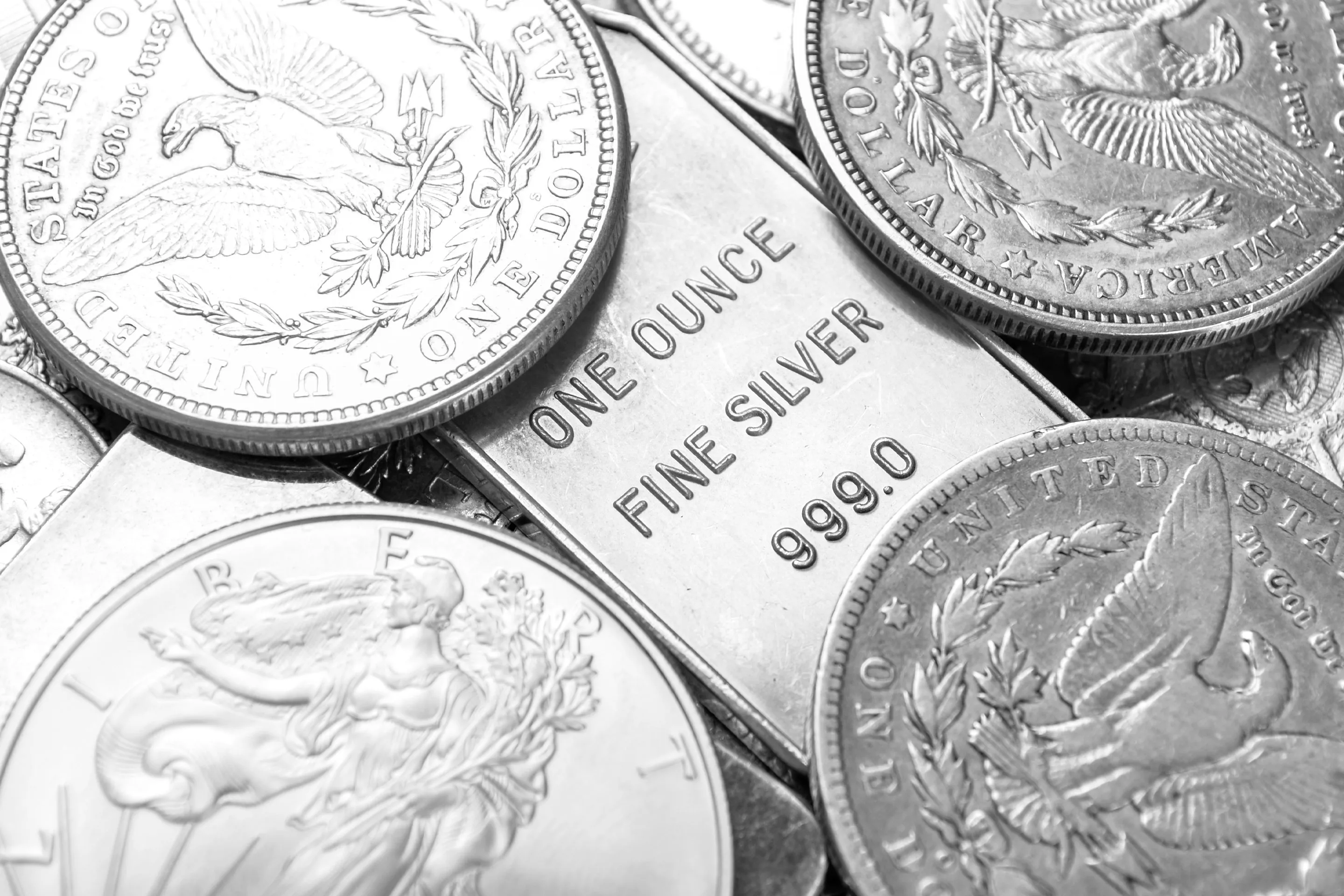Small business owners say economic uncertainty is worse than tariffs. Here’s why.

In the midst of mounting economic uncertainty driven by President Trump’s shifting tariff policies, small business owners across the country are facing the possibility of shutting their doors for good. The lack of clarity on the direction of U.S. tariffs is posing serious challenges for entrepreneurs like Beth Benike, cofounder of Busy Baby in Oronoco, Minnesota.
Benike, whose company specializes in nonslip placemats and other products for babies, expressed her frustration with the ever-changing trade policies. “I am a problem solver. When a decision or policy comes out, I’ll find a solution. I will work with it or around it,” she said. “The next day, the policy changes and that plan doesn’t make sense anymore, so I come up with something else.”
Small businesses that rely on imported goods and packaging from China, now facing U.S. tariffs as high as 145%, are among the most affected by Trump’s trade policies. The uncertainty surrounding the economic landscape is hindering strategic planning, managerial decision-making, and future borrowing costs for these enterprises.
While Trump administration officials defend their America First economic agenda, the confidence of small businesses has taken a hit. According to William Dunkelberg, chief economist of the National Federation of Independent Businesses, the implementation of new policy priorities has heightened uncertainty among small business owners in recent months.
The unpredictability of the economic climate is proving to be detrimental for entrepreneurship. Neri Karra Sillaman, an entrepreneurship expert at Oxford University, emphasized that businesses cannot confidently invest in growth when the rules of the game are constantly shifting. Smaller businesses, with less financial cushion than larger enterprises, are particularly vulnerable in such an environment.
Trade policy unknowns are a significant source of uncertainty inhibiting business investment and hiring, according to Stanford University economist Steven J. Davis. The introduction of tariffs introduces cost unpredictability, making it challenging for businesses to forecast margins accurately.
For Benike and her company Busy Baby, the sudden changes in trade policy have made planning nearly impossible. The new baseline tariff on Chinese imports means owing significant duties on products, leading her to consider alternative manufacturing and sales strategies.
Similarly, Kristin Bear, founder of Kilo Brava, an online lingerie and sleepwear company, is facing the threat of closure due to sky-high U.S. tariffs on Chinese imports. The inability to explore manufacturing options in other countries and the timing of placing orders have put her business at risk.
In conclusion, the uncertainty created by President Trump’s tariff policies is pushing small businesses to the brink. Without clarity on trade regulations and future costs, entrepreneurs are left scrambling to find solutions to keep their companies afloat. The impact of these policies is not only felt by business owners but also by consumers and the overall economy.





